Head of Junior Years
Mrs Maria Denholm

Head of Junior Years
Mrs Maria Denholm
This has probably been a question asked by every parent at some point in the lives of their children. There is some interesting research on this, but also some practical things which parents can do to minimise or even prevent this occurring.
Children might lie to:
Children can learn to tell lies from an early age, usually around 3 years of age. This is when children start to realise that you aren’t a mind reader, so they can say things that aren’t true without you always knowing.
Children lie most at 4 – 6 years. They might get better at telling lies by matching their facial expressions and the tone of their voices to what they’re saying. If you ask children to explain what they’re saying, they’ll usually own up.
As children grow older, they can lie more successfully without getting caught. The lies also get more complicated, because children have more words and are better at understanding how other people think.
By adolescence, children regularly tell white lies to avoid hurting other people’s feelings.
If children believe their parents will react to the truth with anger, judgement, and punishment, they lie to preserve attachment. If children believe that parents will react to the truth with concern, inquiry, and an understanding that there’s a goodness underneath a bad decision or behaviour, they will be honest.
Parents can really struggle to ‘let our kids get away with something’ and we are compelled to prove to our children that we know they are lying.
Often in a relationship we have a choice to be right or stay connected… but not necessarily both. Prioritising connection can be difficult but is so important in these situations.
Once children are old enough to understand the difference between true and not true, it’s good to encourage and support them in telling the truth. You can do this by emphasising the importance of honesty in your family and helping children understand what can happen if they lie.
Here are some tips:
If your child tells a deliberate lie, the first step is to let your child know that lying isn’t ok. Your child also needs to know why. You might like to make a family rule about lying.
The next step is to use appropriate consequences. And when you use consequences, try to deal separately with the lying and the behaviour that led to it. For example, if your child drew on the walls and then lied about it, you might have a consequence for each of these things. But if your child is lying to cover up a mistake like spilling a drink, you might decide to use a consequence for the lying and then clean up the mess together.
Here are more ideas to handle deliberate lying:
Talk calmly with your child about how lying makes you feel, how it affects your relationship with your child, and what it might be like if family and friends stop trusting your child. This emphasises the difference between what happens if your child is honest and what happens if they are dishonest.
Always tell your child when you know that they aren’t telling the truth. But try to avoid continually asking your child if they’re telling the truth. Also avoid calling them a ‘liar’. If your child believes they’re a liar, they might as well keep lying. You could say something like ‘You’re usually very honest with me, but I just can’t understand what happened to the last cupcake’.
Make it easier for your child not to lie. You can start by thinking about why your child might be telling lies. For example, if your child is lying to get things they want, consider a rewards system that lets your child earn the things instead.
Don’t blindly believe everything your child says! Many children know what to say to you to make you believe them. Often their recount of a situation, for example, at school with another child, may be different to what actually happened. Investigate further and get the whole picture of what occurred before believing everything they have said.
Sometimes children lie or keep secrets about serious issues. For example, children who have been abused by adults or bullied by other children often lie because they fear that they’ll be punished if they tell.
Here’s what to do if you suspect your child is lying to protect someone else:
Some children might lie frequently as part of a pattern of more serious, negative or even illegal behaviour like stealing, lighting fires or hurting animals.
If you have concerns about your child’s behaviour, safety or wellbeing, think about getting professional help. Talk to your GP or school counsellor for advice on who to contact.
From: raisingchildren.net.au
It has been a pleasure to meet the many new families joining the Good News community through the Prep 2023 interviews which have taken place over the last few months.
On Friday 11 November, the Prep 2023 Family BBQ brought many of these new and continuing families together to enjoy a BBQ, learn more about the details of Prep and enjoy each other’s company.
The Kelly Sports activities, particularly the tug of war was a big hit, and the face painters did an amazing job! Thank you to all those staff and parents who helped out on the night.
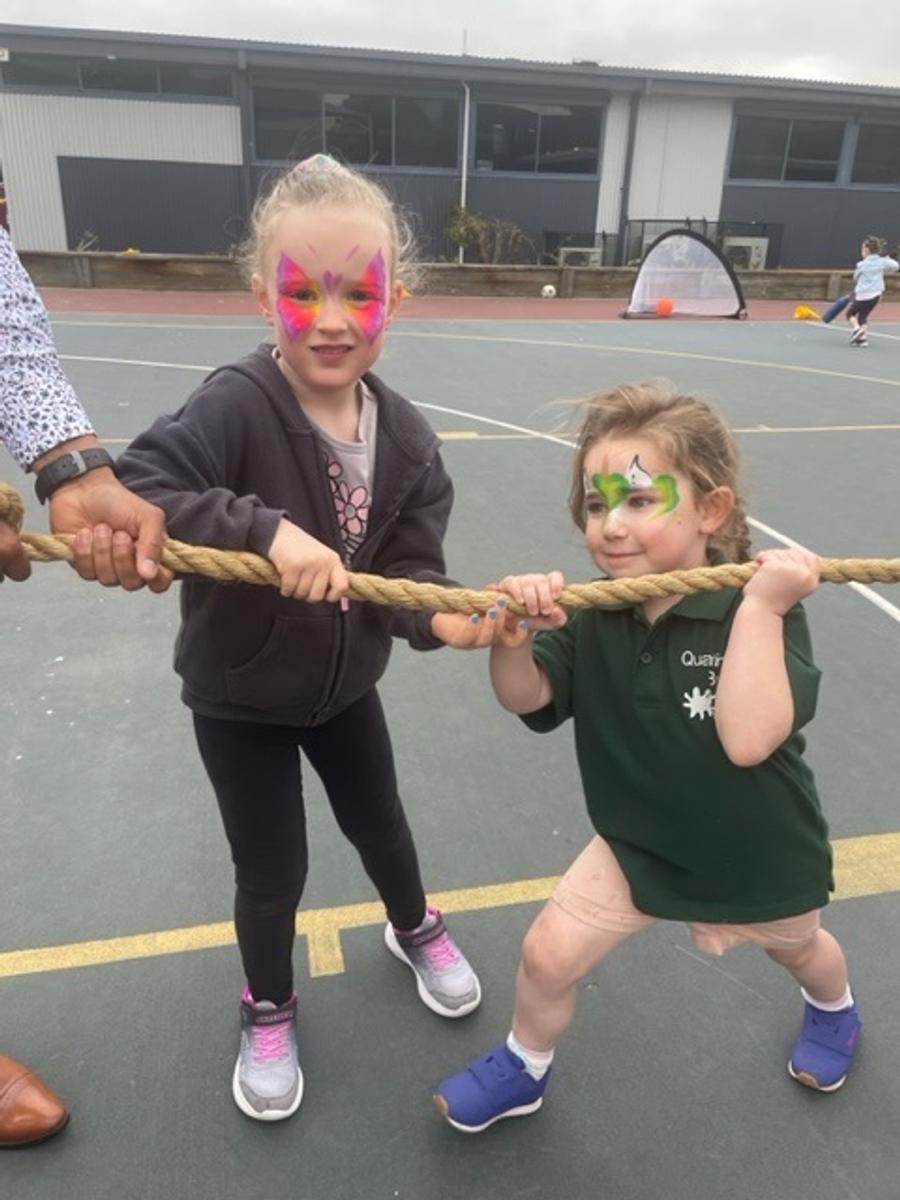
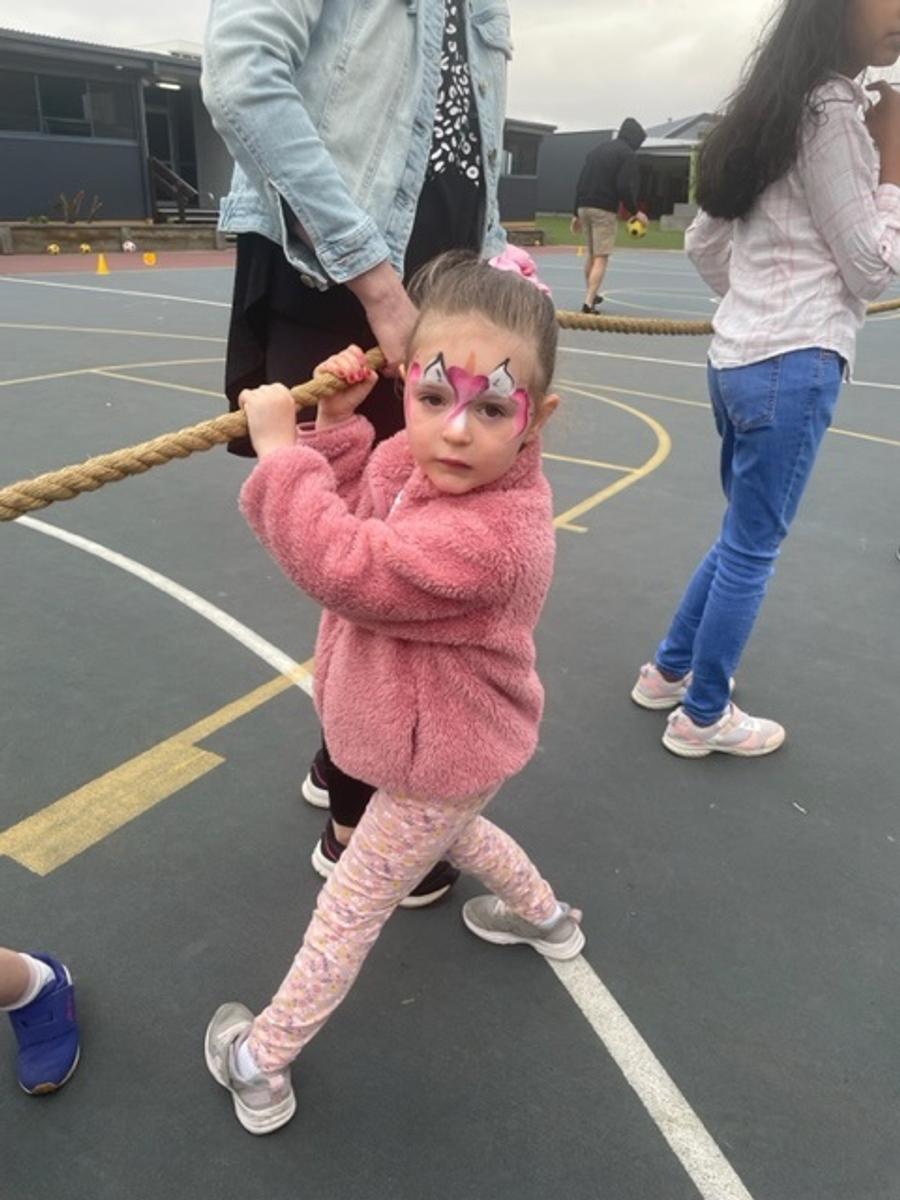

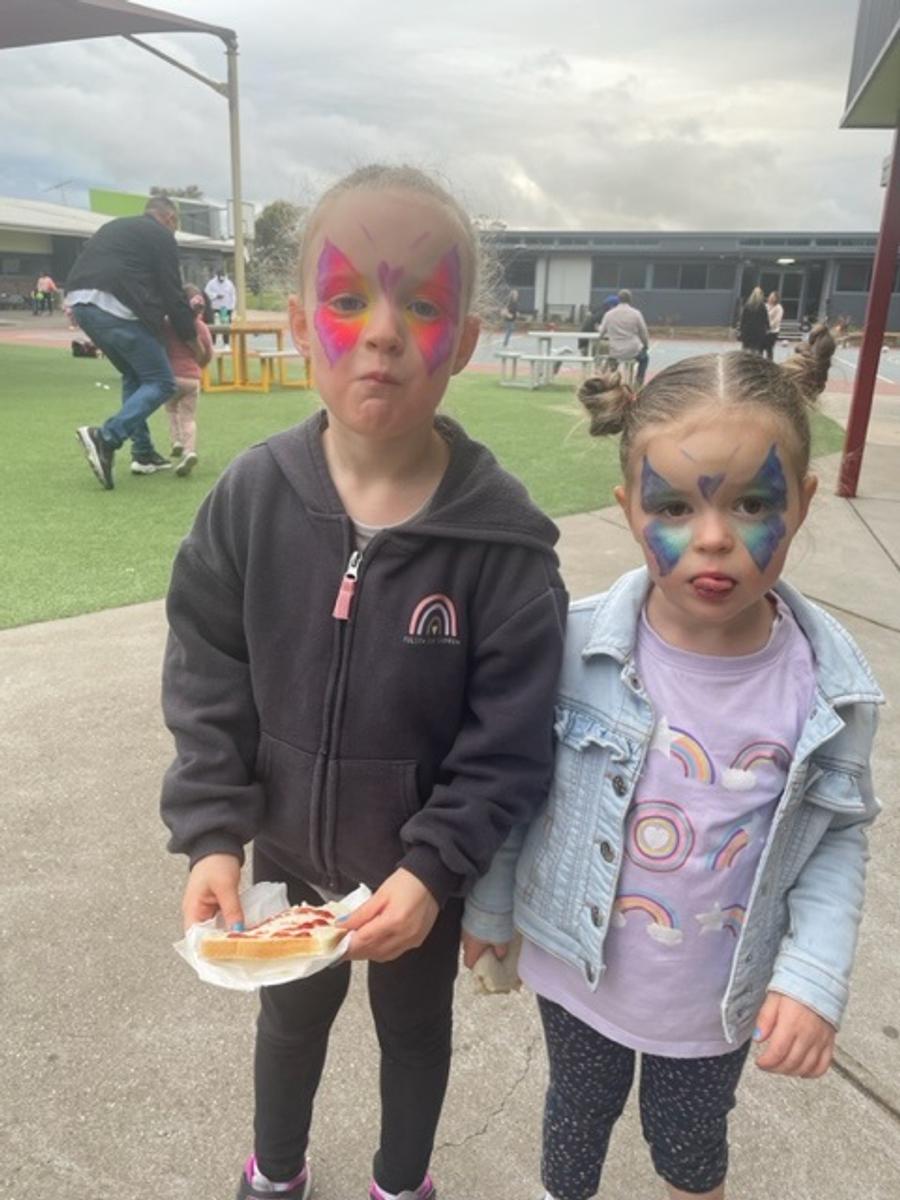

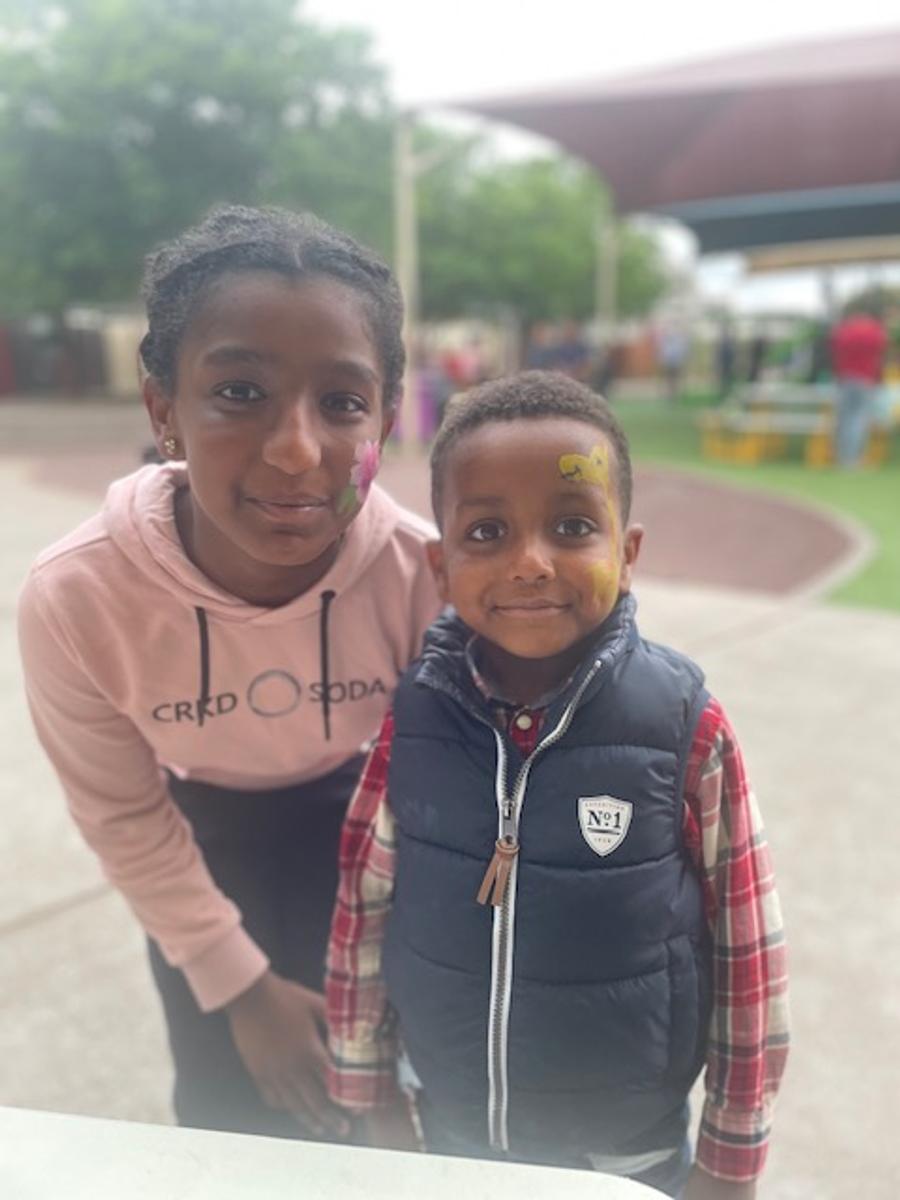
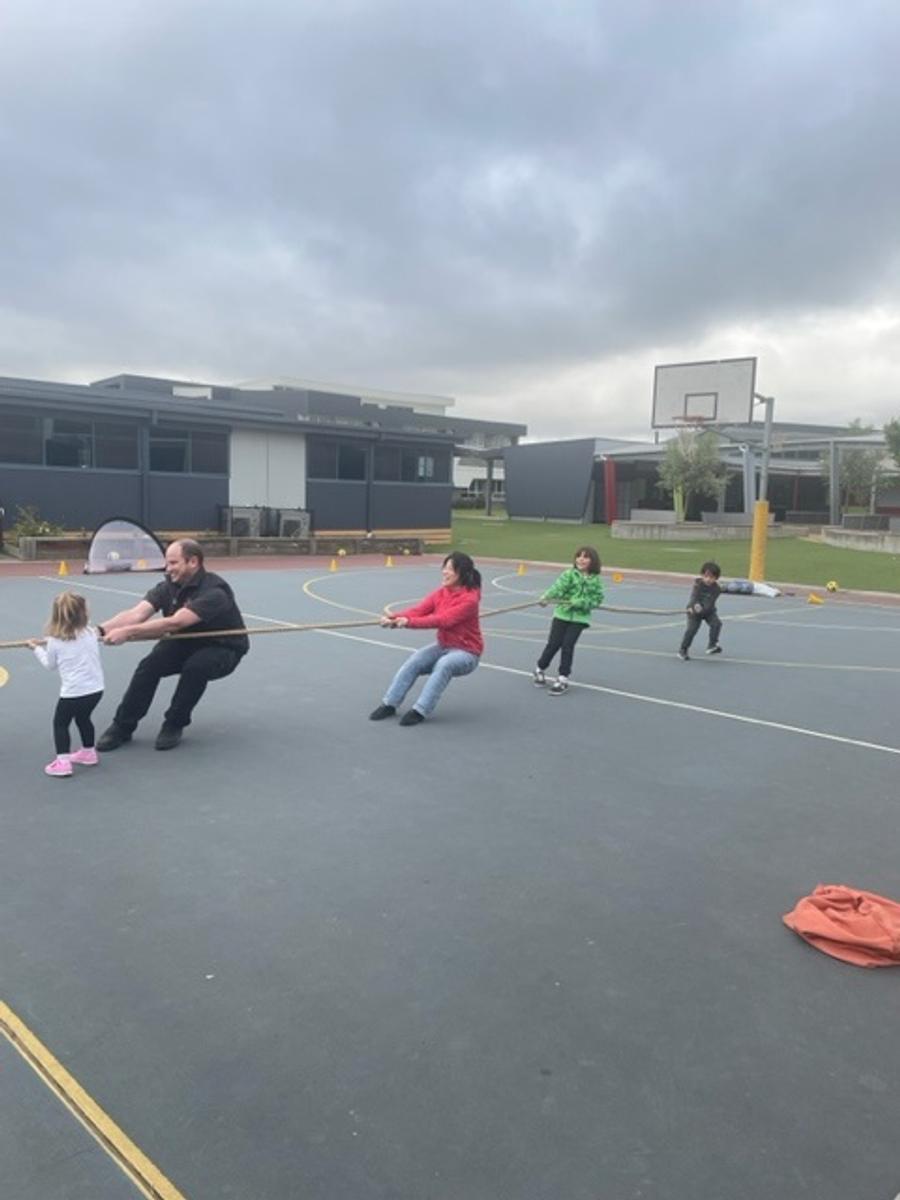







Term 4 is always busy with organising staffing and classes for the following year. This year we will farewell some of our Junior Years staff as they move onto new and different opportunities. We thank them all for their service at the College and the students and families they have worked with. Leaving us this year are:
Mrs Mikaella Nelson will be moving from her teaching position in Prep to take up the Assistant Head of Junior Years – Lower (P – Year 2) and Mrs Talita Zibell will continue to teach some German classes but also begin the role as Assistant Head of Junior Years - Upper (Years 3 – 5).
Mrs Dawn Connors and Mrs Jess Turner will finish their contracts at the end of the year, and we thank them for stepping into these roles for a short time.
We will welcome the following new staff to the College:
We are also pleased to have the following staff return to the Junior Years:
On Tuesday 29 November the students will spend some time with their new teacher (where possible) as they join their 2023 class.
Our Year 5 students will complete a whole week of ‘Step-up to Year 6’ from Monday 28 November.
We are still finalising staffing for next year and will keep families up to date with any further changes.